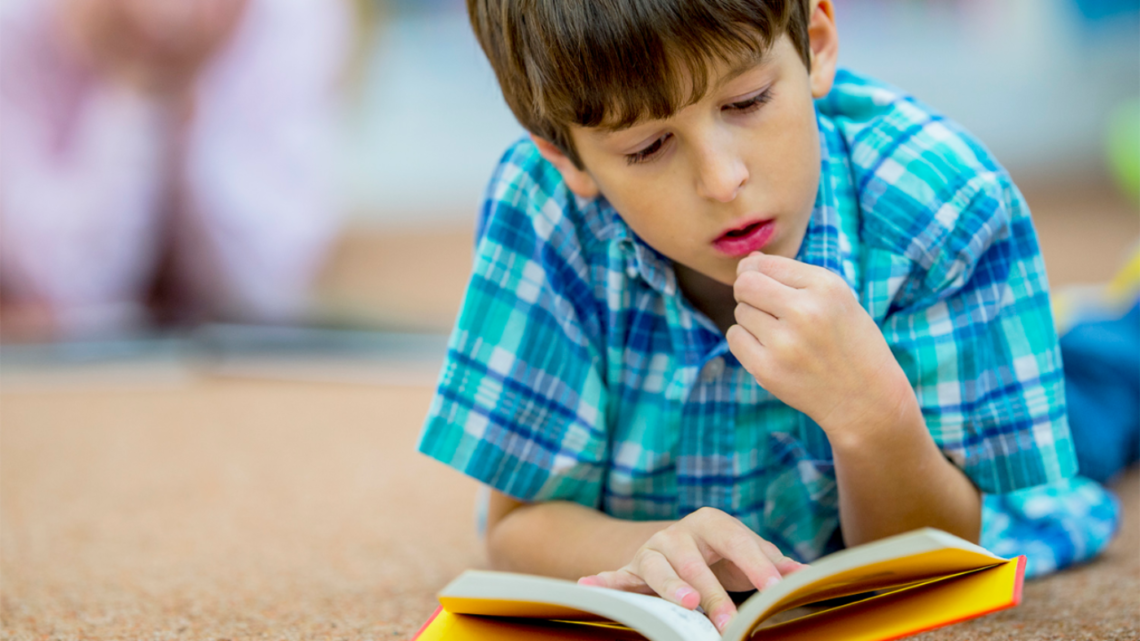The reading world was recently rocked by an article from esteemed reporter, Emily Hanford. The longtime maven of whole language, Lucy Calkins, admitted she needed to change her Units of Study after decades of context clues, guessing at words, picture walks, and dismissing the science of reading. Of course, Calkins promptly responded with a statement that essentially tried to take credit for always being a phonics-minded practitioner (despite a great deal of evidence to the contrary). When you look at the latest NAEP data, the influence of decades of whole language-oriented instruction being the dominant pedagogy in the United States is readily apparent. According to this new data, roughly 63%…
Balanced Literacy, Decoding, Dyslexia, Ed School, Fluency, Learning Disabilities, NAEP, Phonemic Awareness, Phonics, Precision Teaching, Reading Instruction, Reading Wars, Science of Reading, Teacher Training, Whole Language

